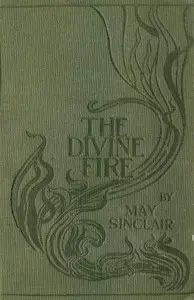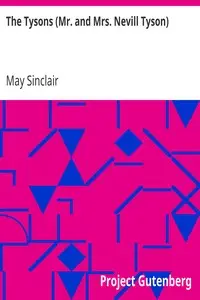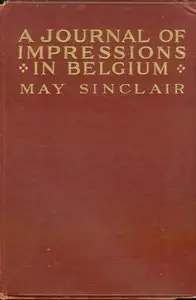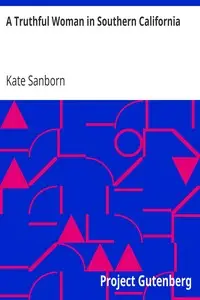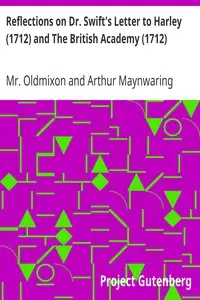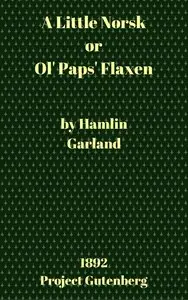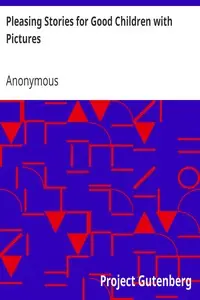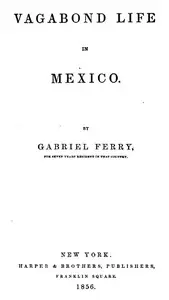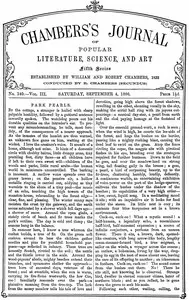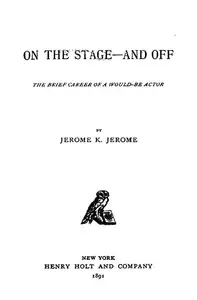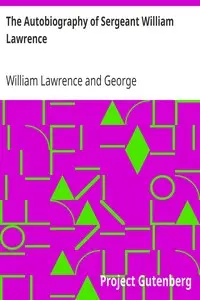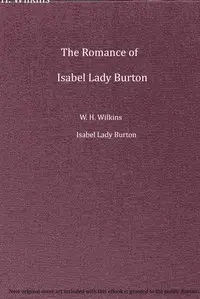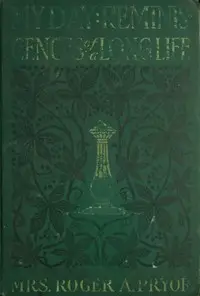"The Three Brontës" by May Sinclair is a biographical work written in the early 20th century. The book explores the lives and literary contributions of the Brontë sisters: Charlotte, Emily, and Anne Brontë, delving into their individual experiences and the unique environment of Haworth that shaped their artistry. Sinclair's examination aims to unpack the layers of their stories while addressing misconceptions and challenges that have clouded their legacy. The opening of the book introduces the somber yet defining landscape of Haworth as the backdrop for the Brontë sisters' lives. Sinclair paints a vivid picture of their home environment, emphasizing the connection between their artistic genius and the village’s starkly beautiful yet harsh surroundings. The narrative traces their childhood, characterized by tragedy and loss, including the death of their mother and their challenging upbringing under their father, Patrick Brontë. It reflects on the profound effects of their familial dynamics, particularly highlighting the troubled life of their brother Branwell, and sets the stage for the literary destinies of Charlotte, Emily, and Anne, who each grappled with their internal struggles and societal expectations while creating enduring works that would later define English literature. (This is an automatically generated summary.)
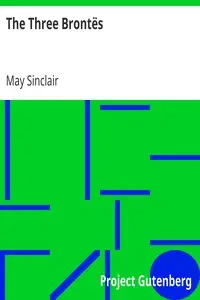
The Three Brontës
By May Sinclair
"The Three Brontës" by May Sinclair is a biographical work written in the early 20th century. The book explores the lives and literary contributions o...
May Sinclair was the pseudonym of Mary Amelia St. Clair, a popular British writer who wrote about two dozen novels, short stories and poetry. She was an active suffragist, and member of the Woman Writers' Suffrage League. She once dressed up as a demure, rebel Jane Austen for a suffrage fundraising event. Sinclair was also a significant critic in the area of modernist poetry and prose, and she is attributed with first using the term 'stream of consciousness' in a literary context, when reviewing the first volumes of Dorothy Richardson's novel sequence Pilgrimage (1915–1967), in The Egoist, April 1918.



